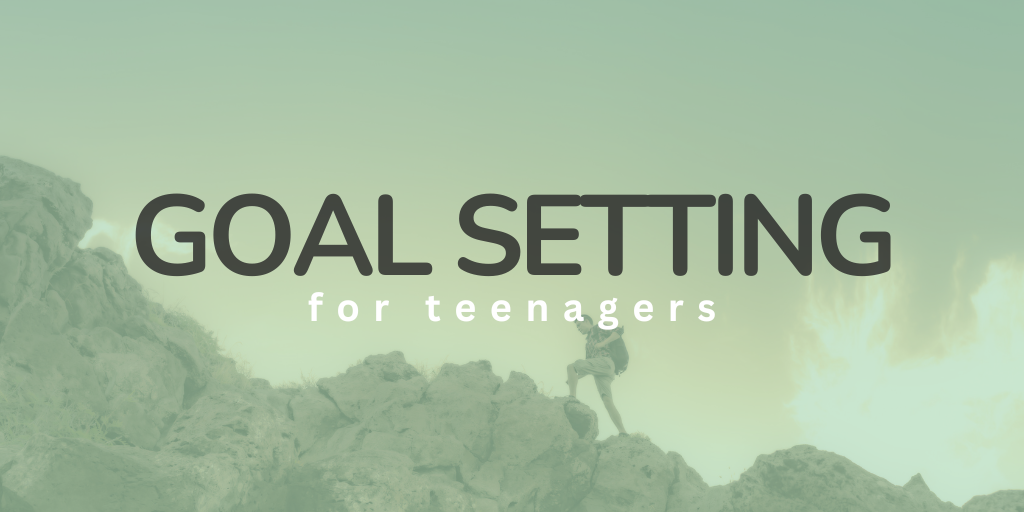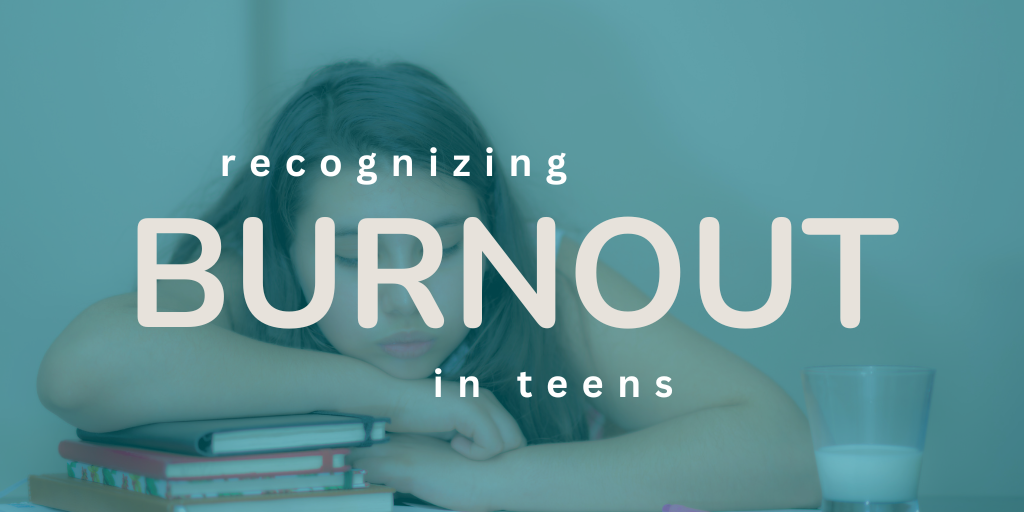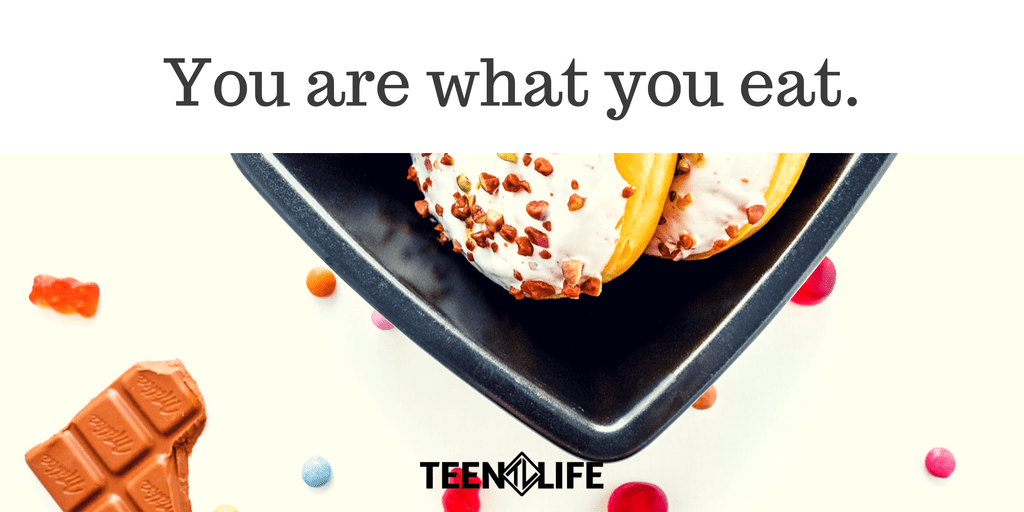
Goal Setting for Teenagers
Practical Steps for Goal-Setting Success
(Even When Life is Hard)
Setting goals can feel overwhelming for our teen friends, especially when life is stressful or uncertain. Whether they’re juggling school, friendships, or personal challenges, having small, achievable goals can provide a sense of direction and confidence.
One thing I love about Teen Life Groups is that when we discuss goals, we start small. We don’t ask teenagers to do a complete 180, but we do ask them to come up with one small thing that could make their lives a little better.
In Teen Life Groups, we’ve seen firsthand how small, consistent progress builds confidence.
Research even backs this up! A study by Teresa Amabile and Steven Kramer called this the progress principle and found that tiny improvements can significantly boost emotions and improve performance. Simply put—small wins matter!
Keeping this philosophy in mind, here are some practical steps to help teens set and reach their goals, no matter what challenges they face.
Start Small: Focus on One Step at a Time
Encourage students to pick one small goal and focus on that first.
A great way to make sure a goal is achievable is to follow James Clear’s Two-Minute Rule. If a new habit feels too big, scale it down to something that takes two minutes or less. For example, instead of setting a goal to “write in a journal every night,” start with “write one sentence before bed.”
Small actions lead to big progress! This will build confidence and allow them to check off tasks instead of waiting until the full goal is complete to see progress.
As a bonus, if you can gamify tasks, that might create more motivation. Listen to this Teen Life podcast episode for more on task gamification!
Write It Down & Keep It Visible
There is something that happens in the brain when we write things down – we are more likely to remember! This can be as simple as writing goals down in a journal or keeping sticky notes on their bathroom mirror or in their car.
In Teen Life Support Groups, we added a final group activity to have students write out their goals on paper and encourage them to put it somewhere where they will continue to see it. We recognized the power of seeing goals and getting them out of our heads!
Find a Support System
Similar to the last point, telling a trusted friend, mentor, or parent can go a long way in helping achieve goals. It is important for teens to find someone who can encourage and hold them accountable. Trusted adults are also helpful when teens feel stuck or need some guidance.
More support is never a bad thing!
Expect Setbacks & Be Flexible
Let’s be honest…achieving goals is never a straight line! Life happens. Mistakes are made. Deadlines are missed. A whole plate of cookies is eaten.
But if teens expect setbacks, they can make a plan to move forward and adjust instead of simply giving up. For example, if the goal to “read one book a month” becomes too overwhelming, they could adjust to “read 10 minutes every day.”
Progress is key – even if it is slower than teens want, small steps forward are better than quitting!
Celebrate Small Wins
To wrap up the importance of achieving small victories, teens will benefit from a little celebration. When they reach a goal or complete a step, take time to celebrate! That can be as simple as checking a box or ripping up a sticky note. Or it could include a treat, a special lunch, or a high-five.
At the end of a Teen Life Support Group, we encourage our facilitators to make that last group special with a celebration. Oftentimes, this involves bringing donuts, pizza, or a favorite candy. In one of our groups, a facilitator celebrated a student by bringing him a cosmic brownie for every week he went without getting in a fight.
It might seem small, but that act of celebration can be a powerful motivator and encourage them to continue to work towards their goals.
Teens
You are capable of more than you think. Start small, keep going, and watch what happens!
What’s one small goal you can set today? Write it down, tell a friend, and take that first small step!

Karlie Duke
Communications Director
Karlie Duke | Director of Communications
Karlie has always had a heart for teenagers. Through her role at Teen Life, she loves to showcase the amazing stories coming out of Support Groups, but she is especially passionate about helping adults and teenagers find connection. Karlie has a BS in Communications with a minor in Family Studies from Abilene Christian University.






